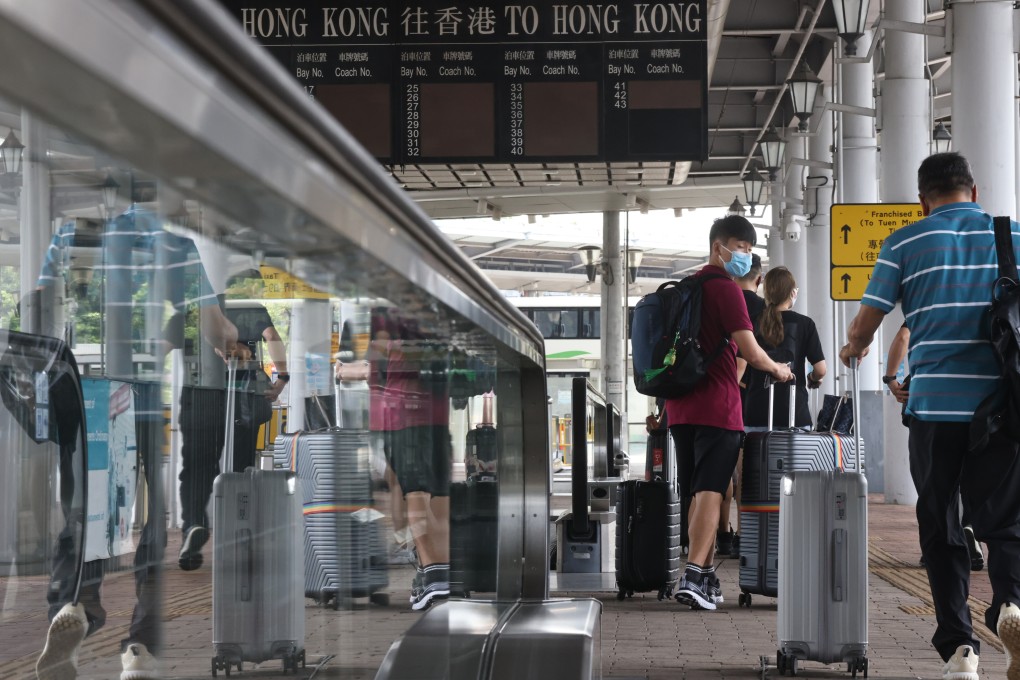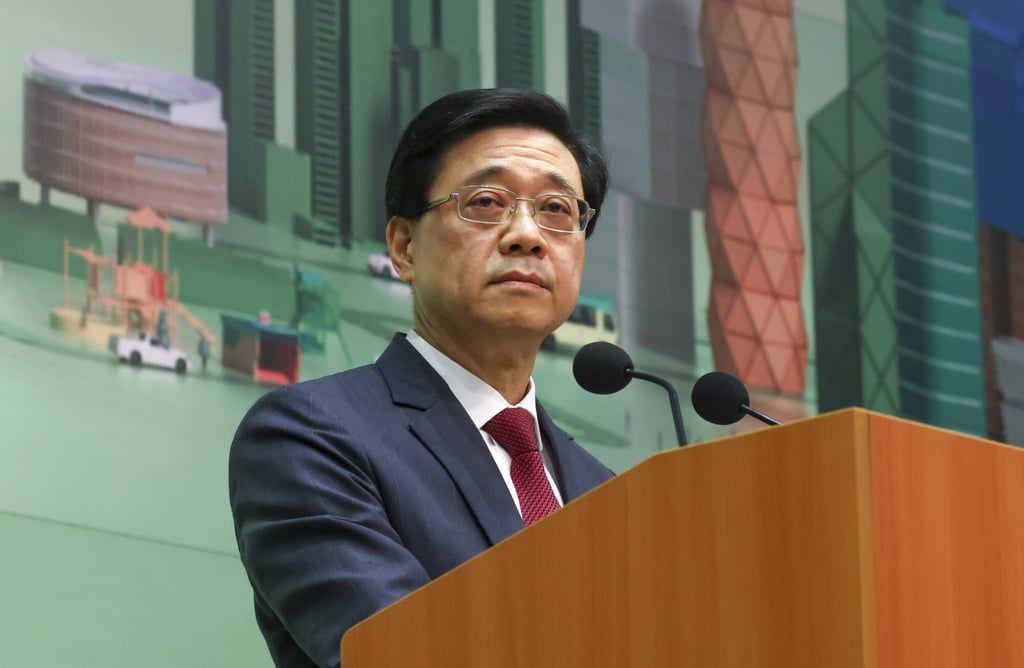Hong Kong has met ‘basic requirements’ for reopening border with mainland China but more remains to be done
- Daily quota for travellers and suspension mechanism in event of Covid-19 outbreak still under discussion, Chief Secretary John Lee says
- City must improve efforts in five areas, including launch of local version of mainland’s health code app

However Chief Secretary John Lee Ka-chiu could not give an exact date for the launch of the long-awaited scheme or specify how many people would be allowed to cross each day, saying after talks with mainland officials in Shenzhen on Thursday that the details would be announced when a final decision was reached.

“The mainland has agreed that Hong Kong has basically fulfilled the conditions for border reopening,” Lee said. “Both sides agreed that we will submit reports regarding implementation details and will exchange further if necessary. We will work towards the common goal of resuming border travel as soon as possible in an orderly manner.”
The Post previously reported that quarantine-free travel between Hong Kong and neighbouring Guangdong province could resume early next month, with a daily quota of not more than 1,000 people and priority given on the basis of business necessity or compassionate grounds.
“Reopening the border is a big event and we need to be fully prepared in every step,” Lee said.
But the city will first need to improve pandemic control in five main areas, according to the secretary. Chief among them was the introduction of what he called the Hong Kong Health Code app that would allow the exchange of travellers’ names and Covid-19 status with mainland authorities.